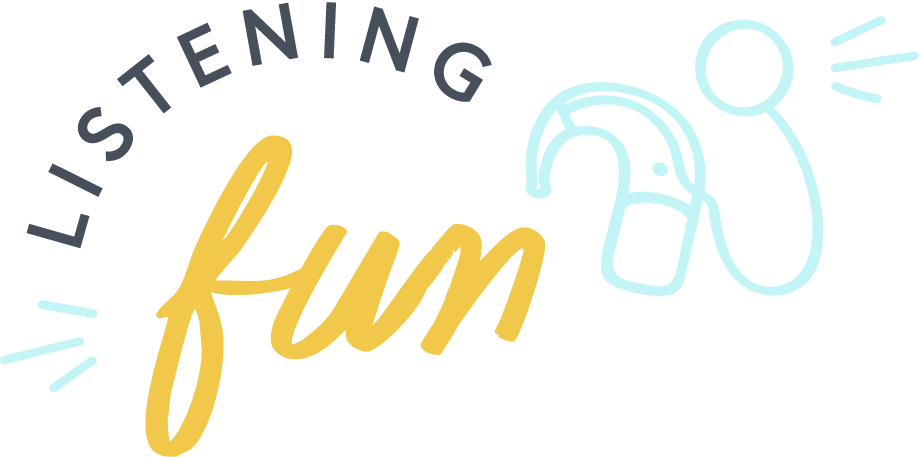Simple Auditory Processing Activities
What is auditory processing? And what is auditory memory? Auditory processing is how your brain understands the information that we hear. Auditory memory is being able to take the information we hear (i.e. spoken words), process it, and store it in your mind to be able to recall it when needed, both short and long-term. Many of our students benefit from extra listening practice and explicit instruction in auditory skills strategies.
UNDERSTANDING AUDITORY SKILLS HIERARCHY
When looking at auditory processing, there are four main skill areas. These include: auditory awareness, auditory discrimination, auditory identification, and auditory comprehension. This hierarchy of skills is important for students to develop to be successful in their classrooms.
Auditory Awareness: These are the first skills when learning to listen. This includes the ability to detect sounds and the ability to localize sounds, or identify where they are coming from.
Auditory Discrimination: These skills include being able to differentiate sounds, whether it be speech sounds, animal sounds, environmental sounds, etc. It is also being able to differentiate speech volume, pitch, etc. Beyond that, it is being able to differentiate individual speech sounds (i.e. bat versus pat).
Auditory Identification: These skills involve being able to attach meaning to the sounds heard. For example, understanding that barking means dogs. It includes phonological awareness skills, such as identifying, blending, segmenting, and manipulating sounds.
Auditory Comprehension: These skills include not just hearing information, but being able to understand what you’ve heard. This is the ability to understand longer and more complex sentences and passages, being able to follow directions, carry on a conversation, etc. It is being able to process, understand, and recall information.
Our students may be focusing on developing skills in any of these levels of the hierarchy, so it is important for us to understand.
HOW DO I WORK ON AUDITORY PROCESSING SKILLS?
First, you don’t need to focus on just one area at a time. I like working on auditory association even if that's not the student's specific goal. Why? Because it encourages students to think about what they're hearing. For example, some auditory association skills are: convergent naming, yes-no questions, auditory closure, and if/then conditional directions. These types of tasks are asking the student to think about what they are hearing.
So if I have a student working on auditory processing and the goal of recalling details in sentences, of course I might practice listening to details in sentences. But, I might also do some auditory association tasks that help practice auditory processing and working memory.
I might give them some silly yes/no questions such as, “are crocodiles made of metal?” This question encourages them to think about what they've heard and decide if the answer is yes or no.
A slightly more challenging version of this is if/then conditional directions; These questions are more difficult because the student has to listen to the first part to determine if it is true and then do the action from the second part of the direction. For example, “if pigs live on a farm, then touch your nose.” This requires a lot of working memory and auditory comprehension.
Sometimes these skills can be more fun to practice because they are silly and absurd and they don't know what to expect, therefore they have to listen carefully. I've noticed that when I practice these working memory skills, I can carry that over into tasks like recalling details in sentences because I've actually been teaching them how to listen carefully.
When I work on recalling details in sentences, I always try to discuss ahead of time what type of details we are listening for. I tell my students I am only going to read the information one time so they need to listen carefully. In the beginning, I'll use acoustic highlighting to make the answers more obvious. I want them to feel successful with their listening and see that they're able to remember important information in sentences that are presented orally.
As the student makes progress with this, I will fade some of the support. Then, to make it more challenging, I will increase the number of sentences from two to three to four sentences.
AUDITORY PROCESSING AND AUDITORY MEMORY ACTIVITIES
I created the Auditory Processing Made Simple resources to have practice for all of these skills in one place. Even better, it covers the entire year! Each month has different content and themes BUT the skills are the same month after month. This makes it very easy for me to track progress over time! By having the entire year worth of content, I am able to pair it with different games and activities all year long, without a ton of prep work.




